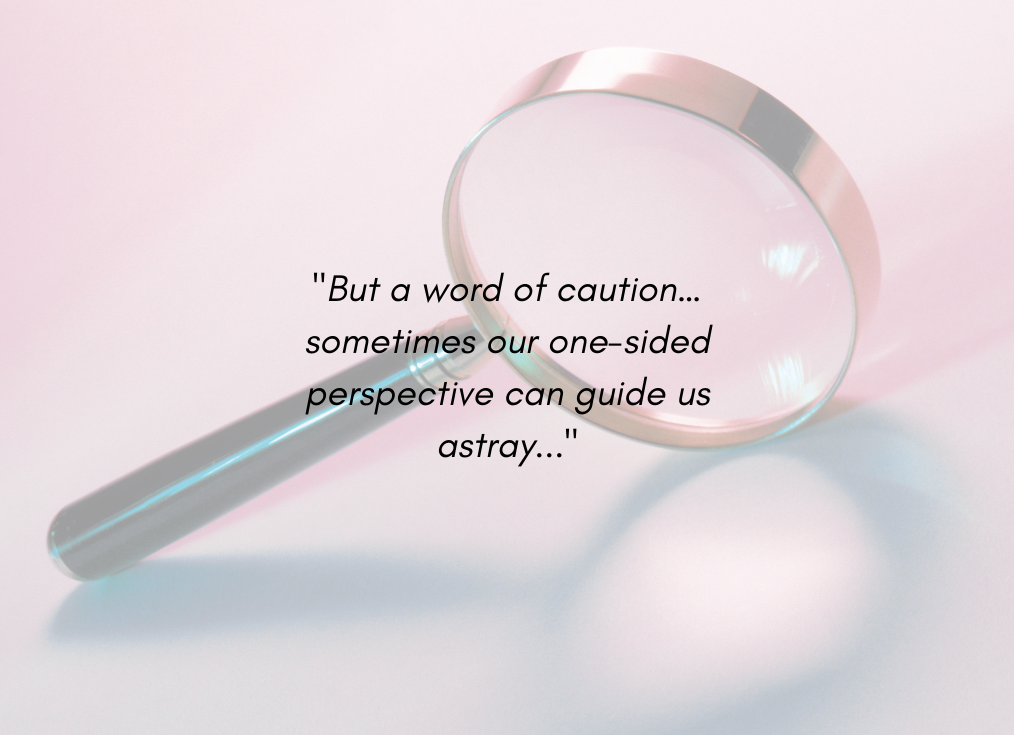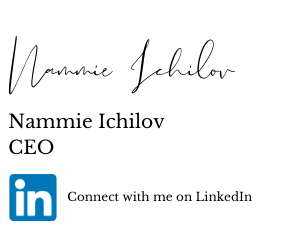Prayer, Action, and Perspective

January 29, 2020
It is said that a good joke is like manna from heaven, and since this week’s Torah portion is Beshalach, which tells of the manna that was provided for the Hebrews as they fled Egypt, I figured why not start us off this week with a classic:
Shlomo, a descendant of one of the families from Chelm, found himself in dire trouble. His business was failing, and he was in serious financial trouble. He became so desperate he decided to ask Gd for help and began to pray…
“Gd, please help me. I am losing my business and if I don’t get some money soon, I’m going to lose my house as well. Please let me win the lotto.”
Lotto night comes and goes and Shlomo does not win.
Shlomo again prays to Gd…
“Gd, please let me win the lotto! I’ve lost my business, and now my house and car will soon be lost too. Please help me.”
Lotto night comes and Shlomo still does not win.
Once again, Shlomo prays…
“My Gd, why have you forsaken me? I’ve lost my business, my house, and now my car. Our family is hungry. I have not reached out to you for help like this before and I have always been a good and loyal servant to you. PLEASE just let me win the lotto this one time so I can get my life back in order.”
Suddenly there is a blinding flash of light as the heavens open and Shlomo is confronted by the voice of Gd: “Shlomo, meet Me halfway on this. Buy a ticket!”
Yes, this is a joke, but there is certainly a message to be gleaned from it. And just like Gd provided a double portion of manna on Friday, to sustain the people through Shabbat, this joke serves a second purpose beyond its simple humor. Prayer and action are needed together to create change. The words of prayer are important because they communicate the message of one’s spirit with the divine. Our actions, however, are equally important, because they demonstrate our behavior and commitment to living a righteous life.
We also read in this week’s Torah portion of a great battle between the Hebrews and the Amalekites, and the way we are told that the war was won, was through Moses’ prayers upon the mountain-top and Joshua’s might through military force. Prayer and action together creating change.
But a word of caution…sometimes our one-sided perspective can guide us astray, and because of this we need to be able to hear the voices of those who not only share similar ideas, thoughts, positions, and perspectives as we do, we also need to listen to those who see things differently in order to work together for the greatest outcome for the collective community. There will always be opposing forces. Even if we were to eliminate the opposition, a new opposition would form to keep balance and order. So instead of closing our eyes to those who see things differently, let’s listen to one another and work together to create a caring, compassionate, empathetic community that has our collective benefit as its goal.
There is no better, or more appropriate way to conclude Texas Holocaust Remembrance Week, than with a story about the great Simon Wiesenthal z”l, and his post-Holocaust experience with prayer. In his final years of life, Wiesenthal was invited to participate in an impromptu prayer service at an awards ceremony where he was to be recognized for his life of service and dedication to the memory of the victims of the Holocaust. Wiesenthal declined attending the service, and explained why:
“In the camp,” Wiesenthal said, “there was one religious man who somehow managed to smuggle in a siddur (prayerbook). At first, I greatly admired the man for his courage—that he’d risked his life in order to bring the siddur in. But the next day I realized, to my horror, that this man was ‘renting out’ this siddur to people in exchange for food. People were giving him their last piece of bread for a few minutes with the prayerbook. This man, who was very thin and emaciated when the whole thing started, was soon eating so much that he died before everyone else—his system couldn’t handle it.”
Wiesenthal continued: “If this is how religious Jews behave, I’m not going to have anything to do with a prayerbook.”
As Wiesenthal turned to walk away, [the rabbi] touched him on the shoulder and gently said in Yiddish, “Du dummer (you silly man). Why do you look at the Jew who used his siddur to take food out of starving people’s mouths? Why don’t you look at the many Jews who gave up their last piece of bread in order to be able to use a siddur? That’s faith. That’s the true power of the siddur.”
“I went to the services the next day,” said Wiesenthal.*
Prayer, action, and perspective.
Shabbat shalom,

*story attributed to Rabbi Yerachmiel Tilles, co-founder of Ascent of Safed.
